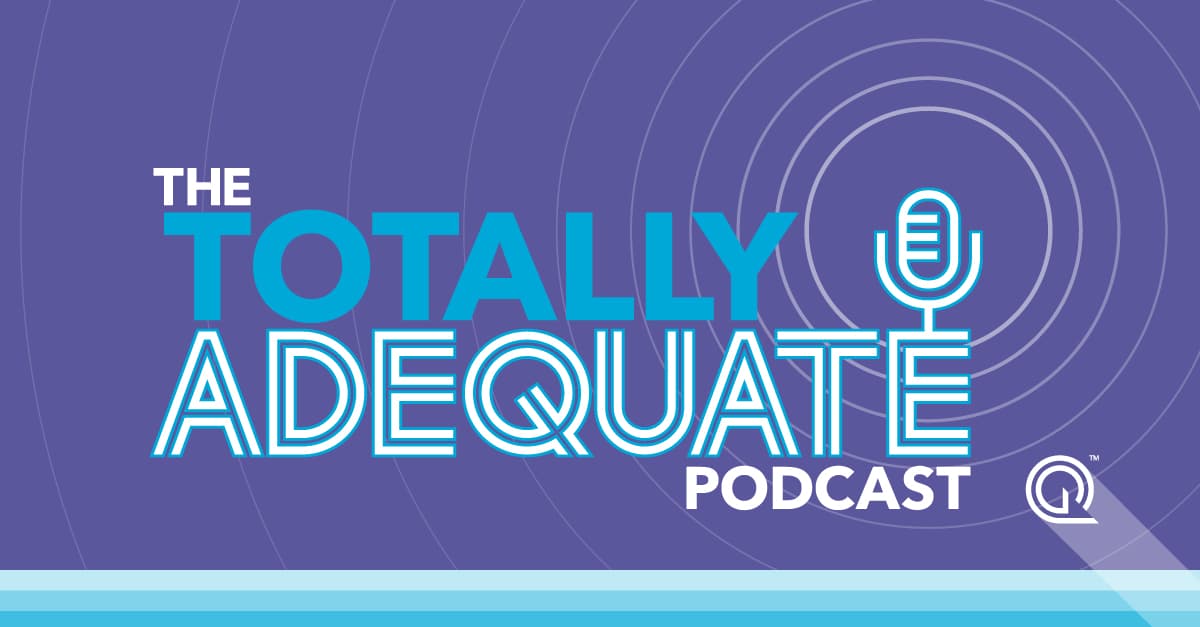Reprinted from the December 4, 2018, article in The Washington Post
THE PROGNOSIS
The Trump administration is holding off on punishing Medicare Advantage plans for error-ridden doctor directories — further evidence the conservative-led Centers for Medicare and Medicaid Services is showing special favor to the alternative program over traditional Medicare offerings.
In an audit quietly released late Friday, CMS found that nearly half the Medicare Advantage plans it reviewed had at least one error in the directories used by patients to find a health provider. In some cases, directories listed the wrong location or phone number. Sometimes they indicated a doctor is accepting new patients even though he or she isn’t.
This isn’t the first such report from CMS — it’s the third. Last year, the agency threatened to impose fines on the plans if they didn’t clean up their act. While this year’s report shows no substantial improvement over last year (or the year before that), CMS isn’t following through on the threat.
“Another year with a lot of errors and another year of warning letters,” said Mike Adelberg, a principal at Faegre Baker Daniels Consulting who worked at CMS from 2012 to 2015.
Let’s back up for a minute. Medicare Advantage is a program in which the federal government pays private insurers to cover seniors instead of making direct payments to doctors and hospitals, the way traditional Medicare works. Medicare Advantage is becoming increasingly popular, with more than one-third of all seniors projected to select it for 2019.
Conservatives love the program, and for good reason: It promotes competition between private plans and puts seniors into managed care systems, which are believed to result in better health outcomes. And its average premiums are projected to decline 6 percent next year. Moves by Democrats to cut funds from Medicare Advantage to help pay for the Affordable Care Act were once a top point of contention for Republicans criticizing the health-care law.
CMS Administrator Seema Verma appeared to spend more time this fall talking — and tweeting – about enrollment in Medicare Advantage than about enrollment in the ACA marketplaces. She often touts the program’s popularity and its range of plan options for seniors:
Verma should certainly be promoting a program that covers more than 20 million Americans — about double the number of people with marketplace coverage. But some Medicare recipients have recently noted a tone change in emails from CMS urging them to re-enroll for next year. The emails tout Medicare Advantage while saying little about traditional Medicare, which covers about 35 million people.
“Have you looked into Medicare Advantage Plans from private insurance companies yet?” says one such email a reader sent me. “With Medicare Advantage, you can pick from a variety of plans to get the benefits that matter most to you. And it’s a way for you to combine all your Medicare health and drug coverage into a single plan.”
Another such email urges enrollees to consider whether switching to Medicare Advantage might save them money.
“Based on your Zip code and basic health status, you can get an idea of what your 2019 out-of-pocket spending may be for Original Medicare (Part A & Part B) vs. Medicare Advantage,” the email says. “This includes plan deductibles and prescription drug co-pays.”
Richard Foster, who once served as chief actuary of the Medicare program, told the New York Times’s Robert Pear the emails sounded “more like Medicare Advantage plan advertising than objective information from a public agency.”
Foster took issue with the tone of the emails, saying they were one-sided and didn’t equally share potential downsides to buying a Medicare Advantage plan. One potential disadvantage is that, as with other commercial health plans, enrollees typically need to ensure their doctor is within the plan’s network.
Which brings us back to the issue of errors in Medicare Advantage provider directories — an embarrassing problem for the insurance plans that CMS doesn’t seem eager to highlight at the moment.
Errors are a significant problem when you consider that many people choose their health plan specifically because its network includes their own doctor or specialist. An out-of-date directory could lead a senior to choose a particular plan, only to later find out their doctor is out-of-network and that they must find a new one.
And it’s a harder correction for plans than you might think. About 20 to 25 percent of providers move offices each year, and they have little incentive to contact health insurers to update their information, John P. Weis, president and co-founder of Quest Analytics, told me.
Weis, whose company helps hundreds of Medicare Advantage plans with their provider networks, said plans were expecting to start seeing fines for errors in their directories. The Obama administration in its final year had started researching the extent of the problem, but there’s been little to no progress since.
“It’s really a systemic problem,” Weis said. “Not only do you have member dissatisfaction … it impacts the plans negatively as well because they could be paying claims from an in-network provider.”
You are reading The Health 202, our must-read newsletter on health policy.
by Paige Winfield Cunningham








